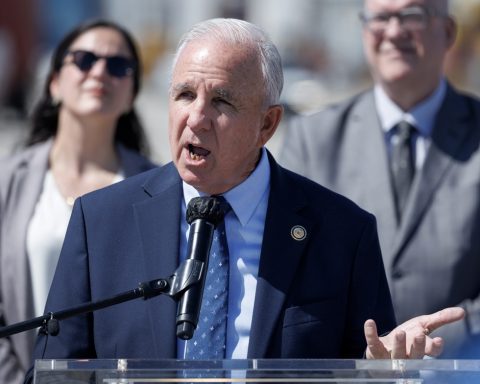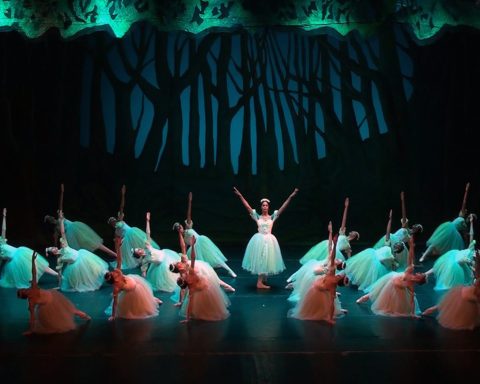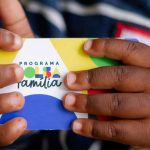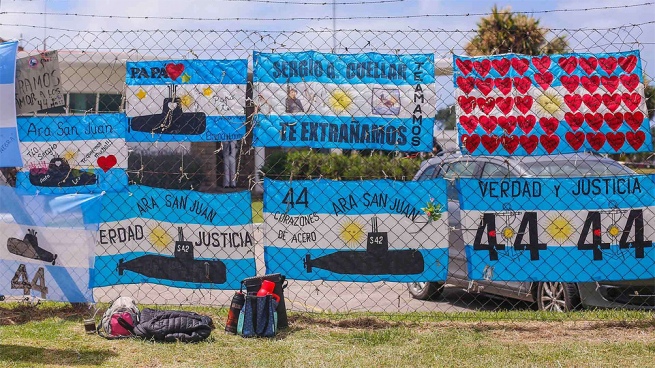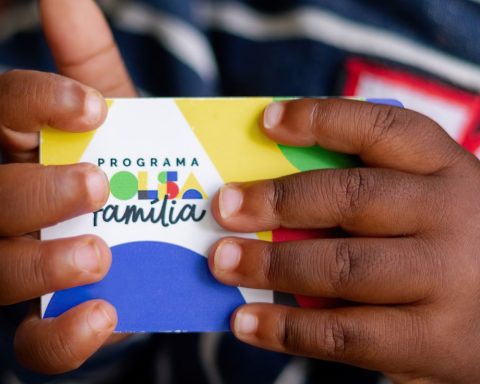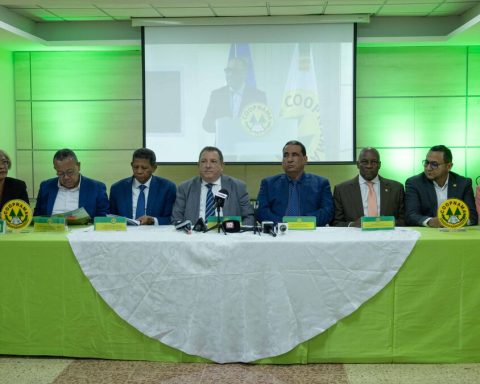The project for the new Family Code, which Cuba today places at the forefront of popular debate, stands out for its innovations and the application of science in addressing the complexities of society.
The text is the result of extensive research work, the collection of opinions from the population and analysis with professionals from different branches, elements that make this an advanced standard and synthesizer of various knowledge.
The design of consultations with citizens -a practice that is not new for the island government- allows us to provide an integrating view of phenomena that are part of the social fabric of the nation.
It also facilitates the recognition of rights to all people, especially those of those sectors previously invisible from the legislation and legal practice.
Experts linked to the elaboration of the Code highlight its progressive condition regarding provisions of its type in Latin American countries and also the dialogue based on the postulates of the Constitution of the Republic and the international treaties to which Cuba is a party.
More than seven million people are expected to participate in a consultation that will take place until April and that has already reached more than 50 percent of the scheduled meetings.
The criteria are also issued through the Nation and Emigration website by Cubans residing in more than 140 countries around the world, who enrich it with their experiences of facing conflicts in other latitudes, since the norm also proposes a look at transnational families.
The opinions collected so far point fundamentally to issues related to marriage, adoption, order of surnames, parental responsibility, solidarity gestation or discrimination in the family sphere, recently stated the head of the island’s National Electoral Council, Alina Balseiro.
And it is that, as the president of the Cuban Society of Civil and Family Law, Leonardo Pérez, affirmed, “we are talking about a normative body capable of reflecting the atlas of our socio-family geography, whatever the structure or form of organization by which it is have bet.”
“It is a Code that is committed to multiplying affections and adding rights, to opening doors and building bridges,” assured the jurist before the deputies to Parliament, who approved the version submitted to popular debate last December.
The new legal body will update the current norm dating from 1975 once it is submitted to a popular referendum, after the approval in the National Assembly of People’s Power of the contributions resulting from the consultation.


